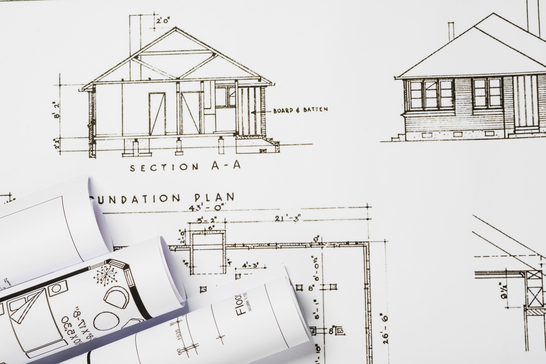
Have you ever wondered how entering a sun-filled room improves your mood or how a flow of air passing through an open window can clear your mind? Why do natural light and fresh air so profoundly impact us? What is the role these basic components have in determining human behaviour within constructed environments? For architects, students, and design enthusiasts, knowing why natural light and ventilation affect the humans who occupy an area is essential. It is not simply about beauty or comfort; it is about building healthier, more productive, and emotionally stimulating spaces.
Why Are Natural Light and Ventilation Important?
Buildings are not just shelters from the weather. They are living environments that respond to our senses and biology. Two of the most influential environmental variables on human behaviour are natural light and ventilation. They determine how we feel, how efficiently we accomplish tasks, and even how we interact with other people.
The Role of Natural Light in Shaping Behaviour
Natural light accomplishes so much more than just lighting up a space. It controls our internal body clock, the circadian rhythm, that governs sleeping patterns, hormone secretion, and energy levels. When in natural daylight, humans become more alert, more positive in their mood, and less stressed. This biological link is what makes sunlit rooms seem warm and uplifting.
For workers and students, natural light enhances productivity and concentration. Research repeatedly demonstrates that individuals who work in naturally lit spaces commit fewer errors and feel less tired. Beyond performance, natural light has a positive effect on mood, as it boosts the production of serotonin, which is the hormone that controls feelings of well-being.
How Ventilation Affects Human Experience
Fresh air circulation is also crucial. Inadequate ventilation can contribute to the accumulation of indoor pollutants, resulting in headache, dizziness, and decreased cognitive performance. However, well-ventilated environments enhance better air quality, which enhances physical well-being and mental acuity.
Good air flow also controls temperature and humidity, providing a comfortable setting that minimizes irritability and discomfort. The feeling of a gentle breeze can psychologically associate occupants with the outside world, promoting relaxation and freedom of spirit.
The Combined Effect on Social and Emotional Behaviour
Natural light and air facilitate more than the health of individuals. They influence social interaction and emotional health. Sunlit spaces with open air cause people to be more open and communicative. Individuals are more likely to congregate in spaces that are lively and alive.
Conversely, dim and stagnant rooms may cause a sense of enclosure and withdrawal. The layout of shared spaces, workplaces, or residential spaces must take these into account to facilitate healthy social interaction.
How Can Architects Leverage These Factors?
- Optimise Window Positioning: Place windows so that daylight reaches far into a room, minimizing the necessity for electric lighting.
- Specify Operable Windows: Allow residents to regulate ventilation naturally by moderating airflow according to their preference.
- Take into account Building Orientation: Build towards catching the best sunlight and prevailing winds for natural cooling.
- Include Open Plan Layouts: Allow for air movement and free light passage between rooms.
- Make use of Green Spaces: Plant life near windows will filter air and provide nice views, which can contribute to a better ambiance.
Conclusion:
Natural light and air are not just design elements; they are essential to human health and behaviour. To architects and students, the adoption of these aspects transcends aesthetic appeal and functionality. It’s about designing spaces that nourish, energize, and inspire. The next time you enter a room filled with natural light or sense a cool breeze, reflect on the intangible ways these natural powers influence the way you think, feel, and interact.
